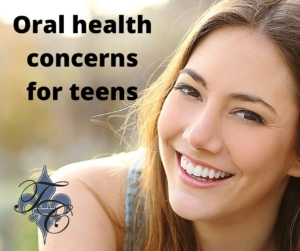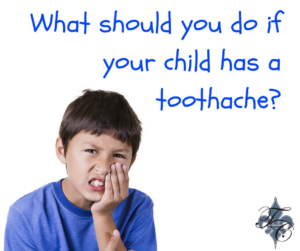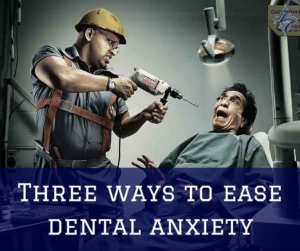Oral health concerns for teens
 There is a word that begins with a “P” that strikes fear into the heart of every parent… Puberty. A time of rampant mental and physical development, puberty can make a teenager’s life pretty rough! In addition to all of the regular side-effects, there are some oral health concerns that parents of teenagers should be on the lookout for.
There is a word that begins with a “P” that strikes fear into the heart of every parent… Puberty. A time of rampant mental and physical development, puberty can make a teenager’s life pretty rough! In addition to all of the regular side-effects, there are some oral health concerns that parents of teenagers should be on the lookout for.
Make sure they’re maintaining proper oral hygiene
Teens have a lot going on! Class, homework, friends, extra-curricular activities, and chores can make for a hectic schedule. When they’re exhausted from band or football practice, and have a mountain of homework they had to do the night before? An extra five minutes of sleep seems more valuable than proper daily oral hygiene.
Make sure you talk with your teen about the importance of taking good care of their teeth! They may seem annoyed now, but in the long run, they’ll be glad of it. Continue to take them to their annual or semi-annual dental checkups as well. Even if it’s difficult to work into their busy schedule, it’s still an important preventative measure!
It’s worth noting that if you had your teen’s teeth sealed as a child, the protective layer will have started to wear off by now.
Promote proper dietary habits
What happens when you take poor dental hygiene and add bad dietary habits? Cavities. Did you know that tooth decay has the highest rate among teens? It is four times more common than asthma in people aged 14-17! Frequent snacking on sugary foods and acidic beverages like soda, coupled with a decline in proper vitamins and minerals, equals a trip to the dentist. Encourage your teen to drink more water, and to eat snacks that aren’t laden with sugar and carbs. Or at the very least, have them brush after each meal.
Watch for gingivitis
When there is plaque surrounding the teeth, the gums have an inflammatory response. They become inflamed, red, and bloody when irritated. It’s a fairly common problem. As a matter of fact, gingivitis is more common in teens than it is in prepubescent children or adults. It is suspected that the increase of sex hormones during puberty is the reason. Luckily, it is reversible with proper brushing, flossing, and using an antimicrobial mouth rinse.
By helping your teen prioritize their dental health, you will save them a lot of trouble down the road. And they’ll develop good habits that they will carry with them into adulthood. Call Dr. Chauvin if you need to bring them in!



